TP - The leader of a university that trains in the health sector said that with the current tuition fees, schools are still struggling to train students and are expected to increase in the near future.
According to this leader, training a doctor or pharmacist is much more expensive than other professions. “In the past, in public schools, the health sector was subsidized so tuition fees were low, but now, most schools are autonomous so tuition fees must be increased to meet training needs,” said this leader. He also said that to support students from difficult circumstances to continue studying medicine, schools have increased scholarships.
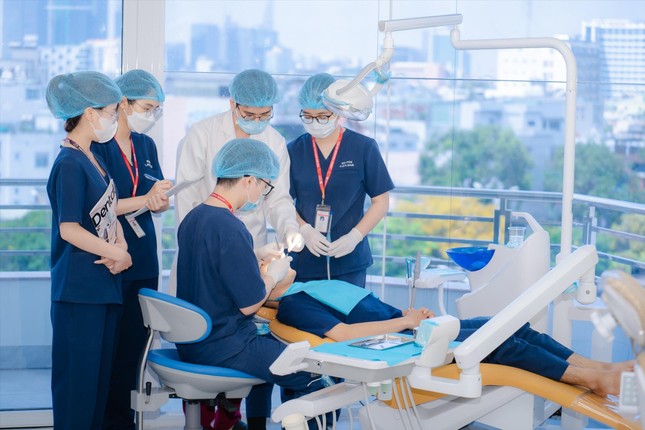 |
Medical students in Vietnam are facing rising tuition fees. Photo: Nguyen Dung |
Talking to reporters about the issue of increasing training costs for medical staff at universities, Mr. Tang Chi Thuong, Director of the Ho Chi Minh City Department of Health, said that the increase in training costs is not a subjective factor but is due to the financial autonomy policy that schools are implementing. Tuition fees for medical studies are actually higher than for some other majors. "This is not a strange issue because in many countries around the world, tuition fees for medical studies are also higher than for other majors," Mr. Thuong said.
According to Mr. Thuong, the tuition fee has increased but it is still creating the attraction of the medical profession to the community and students. Through the practice of financially autonomous schools, the number of people enrolling to study medicine is still very large. This shows that the need to participate in the medical profession and the commitment of students is still very large, many families still have the ability to send their children to study.
To support remote areas, the Ministry of Health currently has a policy of maintaining training by location. To support medical students during their training, the Ho Chi Minh City health sector is developing a project called "Young Talents of the Health Sector" which includes support plans for resident doctors, doctors who complete a 6-year training program and then take the residency exam. The Department of Health will submit it to the Ho Chi Minh City leadership to consider appropriate mechanisms to attract doctors.
Currently, the health sector is implementing a pilot program to send doctors to practice at general hospitals attached to health stations. In addition to practical experience, close to the community, doctors will receive additional financial support during the practice process. This solution not only reduces financial pressure for newly graduated doctors but also contributes to improving the quality of human resources in the health sector.
Source: https://tienphong.vn/hoc-phi-dao-tao-khoi-nganh-suc-khoe-du-kien-con-tang-post1660385.tpo



![[Photo] General Secretary To Lam, Secretary of the Central Military Commission attends the 12th Party Congress of the Army](https://vphoto.vietnam.vn/thumb/1200x675/vietnam/resource/IMAGE/2025/9/30/9b63aaa37ddb472ead84e3870a8ae825)
![[Photo] Solemn opening of the 12th Military Party Congress for the 2025-2030 term](https://vphoto.vietnam.vn/thumb/1200x675/vietnam/resource/IMAGE/2025/9/30/2cd383b3130d41a1a4b5ace0d5eb989d)
![[Photo] The 1st Congress of Phu Tho Provincial Party Committee, term 2025-2030](https://vphoto.vietnam.vn/thumb/1200x675/vietnam/resource/IMAGE/2025/9/30/1507da06216649bba8a1ce6251816820)
![[Photo] President Luong Cuong receives President of the Cuban National Assembly Esteban Lazo Hernandez](https://vphoto.vietnam.vn/thumb/1200x675/vietnam/resource/IMAGE/2025/9/30/4d38932911c24f6ea1936252bd5427fa)
![[Photo] Panorama of the cable-stayed bridge, the final bottleneck of the Ben Luc-Long Thanh expressway](https://vphoto.vietnam.vn/thumb/1200x675/vietnam/resource/IMAGE/2025/9/30/391fdf21025541d6b2f092e49a17243f)


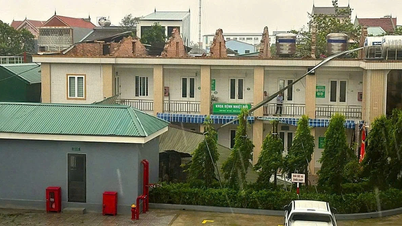



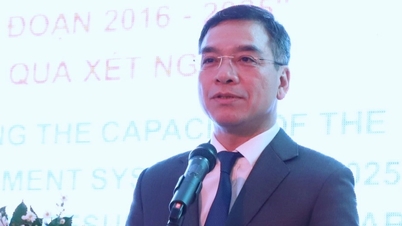




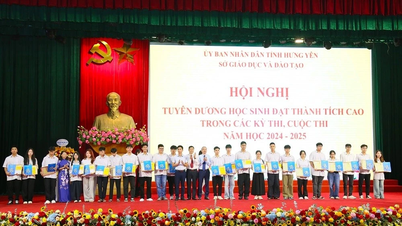

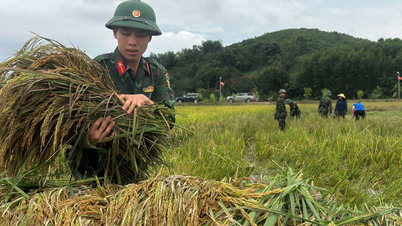



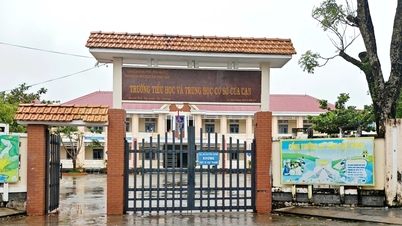





























































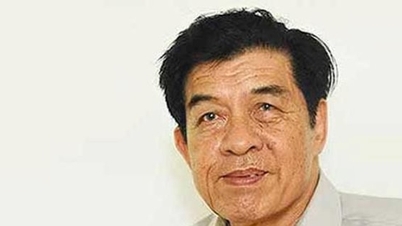

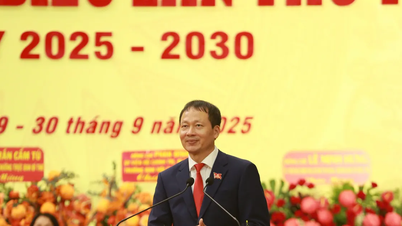















Comment (0)